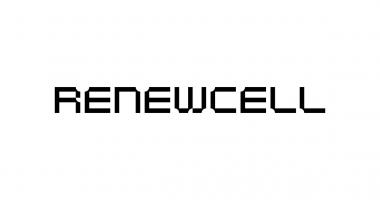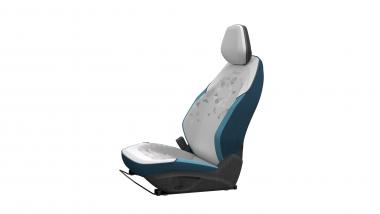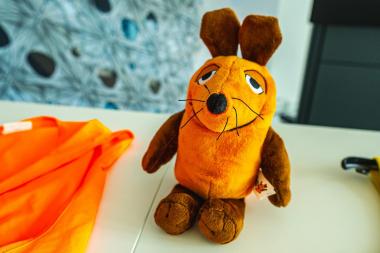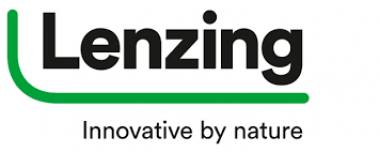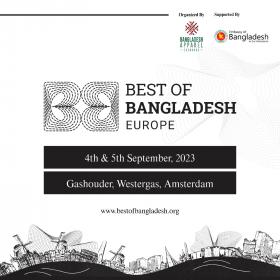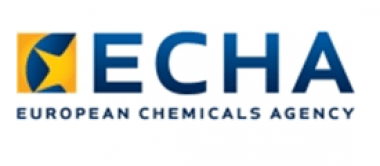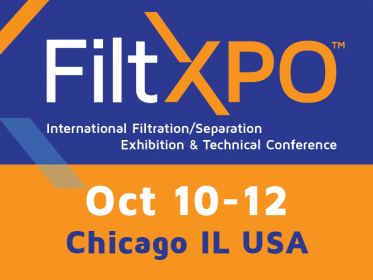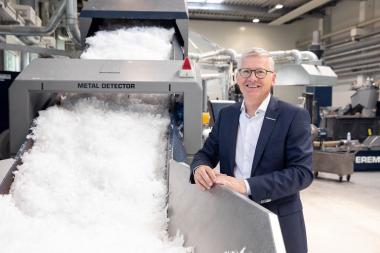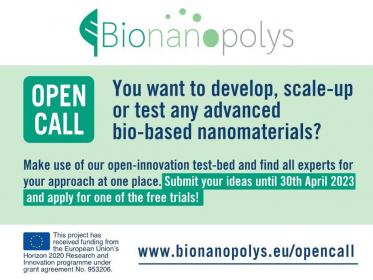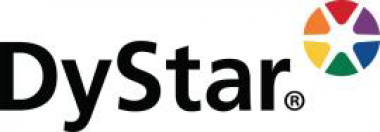Magnus Håkansson as new CEO of Renewcell
The Board of Renewcell has appointed Magnus Håkansson as the new acting CEO. Magnus has experience from leading roles in the retail and fashion sector and from leadership in a listed environment. On Monday, October 16, he started his position, replacing Patrik Lundström, who has been the company's CEO since 2019.
Magnus Håkansson has a degree in economics from the Stockholm School of Economics and an MBA from MIT Sloan School of Management. He started his career as a management consultant at McKinsey and has since held several leading roles in global growth companies in the retail sector, as well as the pulp industry, including many years with experience from a listed environment. He most recently came from a role as CEO of MediaMarkt Sweden.
Comment from Michael Berg, Chairman of the Board of Renewcell:
"With a slower adoption in the value chain, and thus lower sales growth, than expected, the Board has decided that a new leadership in the company is necessary. I would like to thank Patrik for his contribution to the development of Renewcell, he has been instrumental in taking the company from the development stage to listing, factory construction and production.
We are very pleased that Magnus Håkansson is now stepping in as acting CEO. His experience from consumer focused companies and his solid leadership skills will add value to the company in its current phase – focusing on sales to brand companies in the clothing retail sector, where we see continued strong interest."
Re:NewCell AB


